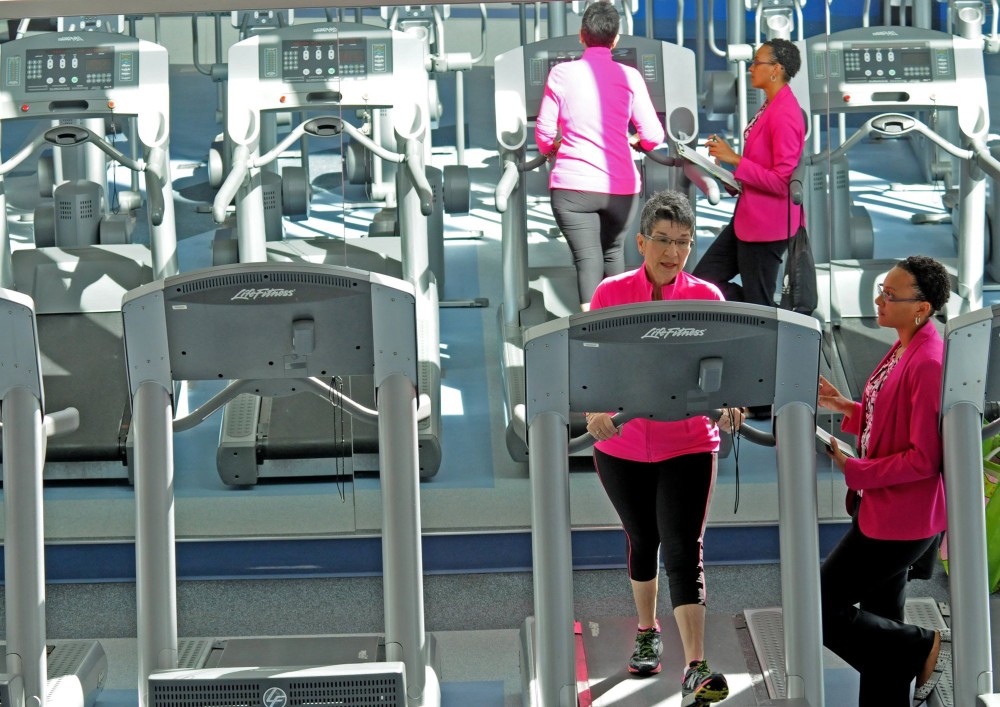By Mari A. Schaefer
The Philadelphia Inquirer
WWR Article Summary (tl;dr) While aerobic exercise helps to prevent a host of diseases, not everyone gets the same benefits from running, spinning, swimming, and other cardio-boosting exercises. Researchers may have discovered why.
The Philadelphia Inquirer
Ever wonder why some people in your fitness class get a big benefit from both the aerobic and strength training sets while others seem to get an advantage from just one of the workouts?
Researchers at the Boston-based Joslin Diabetes Center may have found the answer.
In a study published in the journal Nature Communications, researchers uncovered a molecular “switch” that occurs when a protein that helps to drive the body’s response to exercise, called c-Jun N-terminal kinase (JNK), is activated.
“It’s like a switch,” said Sarah Lessard, lead author of the study. “If the switch is on, you’ll have muscle growth. If it’s turned off, you have endurance adaptation in the muscle.”
We know aerobic exercise helps prevent diabetes, cardiovascular disease, and other chronic metabolic diseases. But not everyone gets the same benefits from running, spinning, swimming, and other cardio-boosting exercises.
Researchers found that when the JNK biological pathway was turned on in lab mice, they would respond poorly to endurance exercise training.
When the scientists knocked out the production of the JNK protein, the mice had a much higher increase in their aerobic exercise capacity as well as higher levels of blood vessels and a type of muscle fiber that would help with endurance compared with normal mice.
The researchers also repeated the tests on humans and received similar results. While lifting weights, researchers found JNK was activated in the leg muscles. But when the subjects cycled on a bike, an endurance exercise, JNK generally was not activated.
The study results have direct implications for the treatment of Type 2 diabetes.
The researchers are now looking at ways to inhibit JNK activation.
If over-activation of the JNK pathway during endurance exercise does indeed boost the risk of diabetes, and if scientists can figure out a way to stop that process, “we might be able to reverse the risk in some people,” said Lessard, assistant investigator of clinical, behavioral, and outcomes research at Joslin.















































































































































































































































































































































































